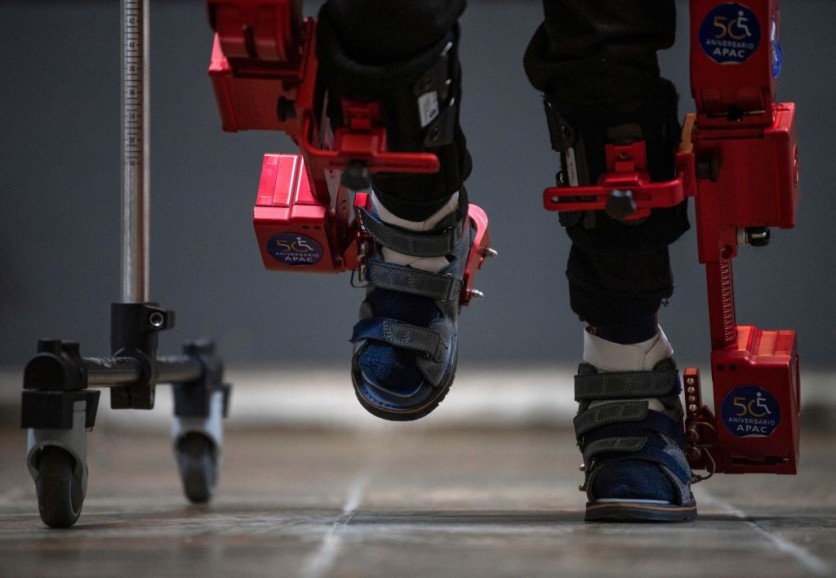The Food and Drug Administration (FDA) has approved Wandercraft's Atalante exoskeleton for stroke rehabilitation, as reported by Engadget.

Stroke patients in the US could now take advantage of this cutting-edge robotics that will help during the recovery process. It helps with intensive gait training, designed for people with limited upper body mobility.
Atalante
The current generation Atalante is a self-balancing, battery-powered device with an adjustable gait that can help with early steps. Its hardware still needs to be used in a clinical setting with a therapist, while its hands-free use will allow patients to reestablish their gait whether or not they can use their arms.
The company plans to deliver the first exoskeletons to the US during the first quarter of the year.
Also Read: Purely Mechanical Exoskeleton On Legs: Walking Easy To The Future
Cleared Exoskeletons by the FDA
It is still rare to find FDA-cleared exoskeletons and they are still limited to helping with specific conditions.
The good news is that the technology used by Wandercraft for their exoskeleton is accessible for a wider range of patients, and may be extremely helpful with stroke.
Exoskeletons for Health
The idea of exoskeletons for health is an exciting one, and it's an area of research that has rapidly grown in recent years. Exoskeletons are a type of wearable technology that can be used to help individuals with physical disabilities or impairments to move more freely and in a more natural way.
Exoskeletons for health have been developed to help with a range of conditions, including paralysis, stroke, and spinal cord injury. They can be used to help people with walking, balance, and other mobility issues. Exoskeletons can also be used to help individuals with limb loss or other physical impairments to regain mobility and independence.
The technology behind exoskeletons has advanced significantly in recent years, and they are now capable of providing a wide range of benefits to those with physical limitations. Exoskeletons can help individuals to move more freely, regain strength, improve balance, and even reduce pain in certain circumstances. This technology can also be used to help people with physical impairments to participate in activities that would otherwise be difficult or impossible for them.
Exoskeletons for health can be a great tool for individuals who are looking to regain mobility and independence. They can provide a range of physical and psychological benefits, and can be an invaluable resource for those with physical impairments. While exoskeletons are not a cure-all, they are an exciting area of research that can offer great promise to many individuals.
Exoskeletons for health can also be used to assist with physical rehabilitation. By providing support and stability, exoskeletons can help individuals regain strength and mobility after an injury or illness. They are often used in conjunction with other forms of therapy such as occupational or physical therapy to help improve overall function.
In addition, exoskeletons for health have been developed specifically for use by athletes who wish to increase their performance level without the risk of serious injury from over-training. Exoskeleton technology is being studied extensively in order to develop systems that will provide maximum benefit while reducing any potential risks associated with its usage.
The future looks bright when it comes to exoskeleton technology's ability to enhance human capabilities and quality of life across a range of areas including sports, medical care, military applications, industrial work environments and more! As research continues into this exciting field we may soon see even greater advances in how these devices are utilized within our society today - helping us all reach new heights both physically and mentally!
Related Article: Exoskeletons From Japan Now Available In The US To Help People Learn How To Walk Again

ⓒ 2025 TECHTIMES.com All rights reserved. Do not reproduce without permission.




